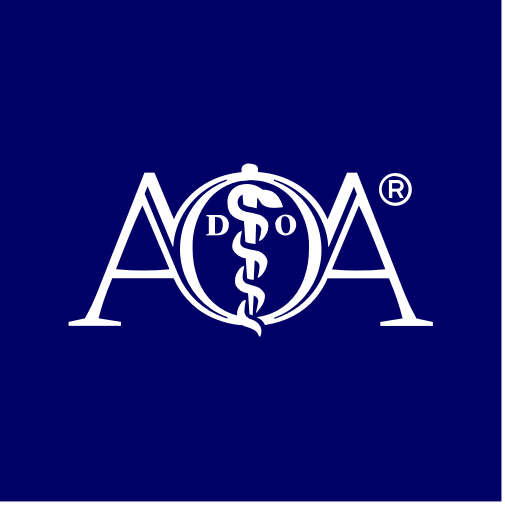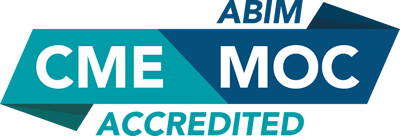
COURSE CREDITS & HOURS
16 AMA PRA Category 1 Credits™16 ACPE Credits
16.0 Contact Hours
16 (part II) MOC points in medical knowledge in the American Board of Internal Medicine's (ABIM) Maintenance of Certification (MOC) program
6 Hours of Pharmacology for Nurse Practitioners
COURSE FEES
TARGET AUDIENCE
PROGRAM PURPOSE
- Current Management of Type 2 Diabetes
- "Identify patients at risk of developing Type 2 Diabetes and strategies for delaying the progression of disease
- Describe the latest pharmacologic management options & their indications
- Define several of the common quality indicators for Diabetes and strategies for improvement
- Neurocognitive Disorders of the older adult
- Identify risk factors for & potential ways to slow cognitive decline
- Describe methods to assess cognitive performance
- Identify currently available treatment options for patients with MCI and Dementia
- Updates in Hyperlipidemia Management
- Apply the most recent management guidelines for primary and secondary ASCVD Prevention
- Prevention and Management of Osteoporosis: The Impact on the Individual
- Recognize risk factors for osteoporosis and apply evidence-based screening.
- Describe the importance of aggressive treatment of Osteoporosis.
- Current Evidence in Obesity Management
- Define how the latest guidelines apply to the practical evaluation and treatment of patients who are obese; including weight management pharmacotherapy
- Atrial Fibrillation Management: Impacting Quality of Life and Stroke Risk
- Interpret practice guidelines for atrial fibrillation and identify appropriate anticoagulation strategies for atrial fibrillation
- Dermatologic diseases of aging skin for nondermatologic practioners
- Identify and apply treatment principles for common non-cancerous skin and nail disorders in the older patient
- Hypertension Guidelines and Controversies
- Recognize the principles of and the evidence for pharmacologic and non-pharmacologic management of the hypertensive patient
- From Pharmacogenomics to Personalized Medicine
- Identify new personal health care technologies and the impact they may have on patient outcomes.
- Distinguish benefits and limitations of genetic testing and use in managing medications in specific patients.
- Evaluate various gene-drug (biomarker-drug) pairs with pharmacogenomic applications.
- Critique the various resources (e.g., CPIC, PharmGKB, FDA) for pharmacogenomics drug-gene pairs.
- Understand the difference between preemptive and reactive testing of drug-gene pairs.
- Discuss the economic cost or impact considerations related to pharmacogenomic testing.
- Understand practical approaches to counseling/patient education related to pharmacogenomics.
- Optimizing Medication Adherence and Outcomes
- Create strategies to promote medications adherence among all healthcare providers
- Describe the impact of poor adherence on clinical and economic outcomes for patient and stakeholders
- Associate the necessary points within the medication use system in which technologies can be employed to reduce medical errors and enhance patient outcomes
- Comprehensive Medication Management Services
- Outline the value of leveraging the prescription benefit to reduce downstream healthcare costs and outcomes
- Critique the rationale for collaborative models of care that deliver enhanced clinical, patient and economic outcomes that involves pharmaceutical benefits
- Recognize the importance of aligning incentives in a pay for performance model that includes all providers
- Optimizing Immunization Delivery
- Recognize a communitys healthcare needs and desires
- Communicate with patients and caregivers regarding immunizations







































